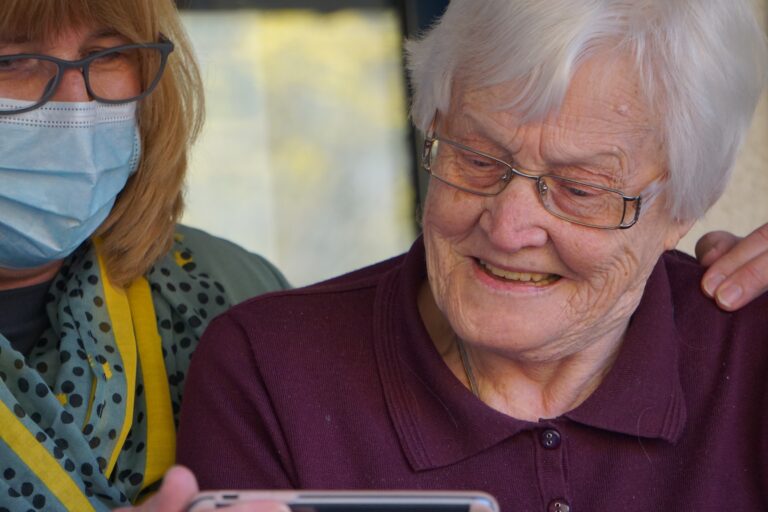We all wish we could live a long healthy life, but the reality is that we will all likely need long-term care at some point. It could be a family member that is providing that care, or it could be a facility whether it be a memory care unit, assisted living community, or a skilled nursing facility. Chances are you’ll need it at some point. In fact, 70% of people turning 65 can expect to need some type of long-term care.
Today, we’re going to define long-term care and talk about some options for your family.
What is long-term care?
Long-term care can be defined as a range of services designed to support your personal care. Surprisingly, long-term care is not considered medical care in most cases, but assistance with personal care also known as ADL’s (Activities of Daily Living). This could be:
- Dressing yourself
- Eating
- Bathing
- Getting in and out of the bed or chairs
- Using the bathroom/incontinence
- Taking medication
Other tasks that can be in this category are housework, preparing and cleaning up meals, managing money and paying bills, using the telephone, and basic shopping like buying groceries.
The ability to do these basic tasks generally declines with age and even faster with illnesses like Parkinson’s, Alzheimer's, ALS, Dementia, and a terminal diagnosis like heart failure or cancer.
Who provides long-term care?
There are many great options for long-term care depending on the level of need. A couple in their 80’s who are both sound-minded and spry (for their age!) might not need help with general personal care but could benefit from help with grocery shopping or housework. Or another couple might be dealing with dementia where the husband is declining rapidly and the wife needs help to care for his personal needs. There are many scenarios where one spouse passes and the other needs help to fill in the gap left by the spouse.
There are many options for long-term care:
- Skilled Nursing Facility - A skilled nursing facility provides around-the-clock care, help with meals, personal hygiene, medications, laundry services, transportation in some cases, social and educational activities (think BINGO and arts and crafts!). This is the highest level of care and means that the individual cannot be cared for at home any longer.
- Assisted Living Facility - Stepping down to assisted living. This is where an individual or couple can live in their own “apartment” and generally take care of their personal needs like cooking, using the bathroom, taking medications, etc. They do have staff that monitor and can get to the unit in the case of a fall or another type of accident. To be admitted into an assisted living, one must have their doctor complete a form 1833 in Florida.
- Memory Care Unit - These units can be a part of a skilled nursing facility or an assisted living facility. They are specifically designed for dementia care. Rooms are separate from other rooms or apartments and secured and decorated with calming colors.
- Adult Daycare - What would it be like to be a fly on a wall in an adult day care? Think about all the stories you’d get to hear and wisdom to absorb! This option is becoming more and more popular as an aging parent or spouse cannot be left home alone but their children or care givers are working or cannot provide daily care or entertainment. Adult day care can provide a safe and fun environment for your family member.
- In-Home Care - Also known as “Aging in Place,” this is where it all starts. If you have an aging parent, keeping them home for as long as possible is the goal! Maybe you see signs that they need a little help, so you hire a cleaning company to come over weekly to clean the house and do dishes or hire a landscaping company to start doing yard work that they just can’t do anymore. As the child, you might have them sign a power of attorney so you can help them manage their finances or bring them meals. You might hire an agency to come over for a few hours a day to give companionship or help with personal care tasks.
All of these options have different costs. The higher the level of care, the more expensive. We’ve written a brief post here about general long-term costs here in Florida.
The bottom line is caring for aging parents or a spouse is challenging, but there are options out there to help. Don’t do it all alone!
If you are caring for an aging parent or spouse and have questions about how your estate plan will impact long term care, reach out to us to schedule a call!

